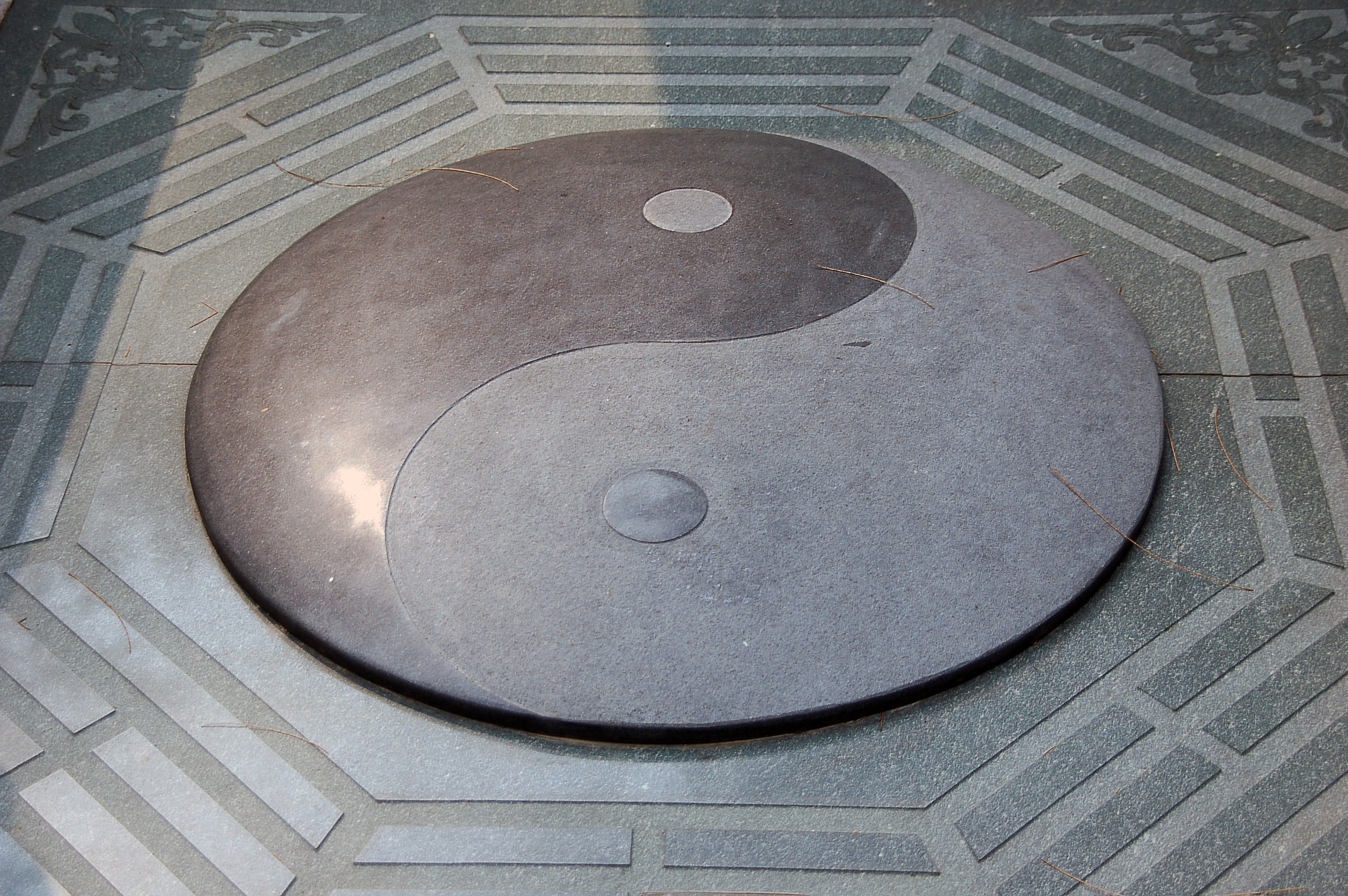Original Ideas: The Last Step In The Creative Process

Shakespeare was a ruthless thief. Some of his first plays – the three parts of Henry VI – were so similar to Christopher Marlowe’s Tamburlaine the Great thatmany eighteenth-century scholars believed Marlowe wrote them. By today’s standards, the plays of Henry VI were a copyright lawsuit waiting to happen. But the paraphrasing and borrowing of characters and plot lines was common practice in Elizabethan England; everybody stole from everybody. Shakespeare, as it were, was the best thief; he was constantly mining the work of his contemporaries.
Ironically, the more Shakespeare copied and imitated the more he started thinking on his own terms. The aesthetically rich atmosphere of Elizabethan England would always influence him – no man is an island – but by the time Shakespeare penned Hamlet (some fifteen years after the Henry VI plays) he had found his original voice.
Shakespeare’s story isn’t unique. All creative geniuses are thieves. In his autobiography Chronicles, Bob Dylan described his creative process as one of love and theft. “I didn’t have many songs,” he said referring to his earlier years, “but I was rearranging verses to old blues ballads, adding an original line here or there, anything that came into my mind – slapping a title on it.” Indeed, Dylan’s first recordings were mostly Woody Guthrie covers. Even his first album of original music was, with the exception of the vocals, difficult to disseminate from a Guthrie record.
And then there’s The Beatles, who were just another rock ‘n’ roll band for about five years while they preformed in Liverpool and Hamburg. Like Dylan, their first original material was an imitation of the mainstream. Mozart didn’t compose his first breakthrough composition until his early twenties – over fifteen years since he first started playing and composing music – and Picasso’s artistic talent was not evident early in his career. The real genius of people like Dylan, Mozart, Picasso and bands like The Beatles was their ability to recognize that on the road to an original idea, theft and imitation is key.
Yet, our culture is obsessed with being original. At work, we imagine ourselves presenting a novel idea that leaves the CEO dumbfounded. It’s the same at school – we strive to impress professors by trying to generate ideas that they never considered. In a larger sense, when we’re tasked to come up with an idea, implicit is that we must be original; no one wants to hear something they already know.
But what Shakespeare teaches us is that being original is not only overrated and misleading, it’s the last step in the creative process. We are better off when we begin the ideation process by surveying the creative landscape and stealing the best of other people’s work. Trying to be original, after all, is a good way to come off as an unoriginal conformist (e.g., the hipster culture).
I’m not pushing a mantra. I’m describing the reality of the creative process. Nothing is completely original. All artists’ work builds on what came before. Every new idea is just a mash-up of two previous ideas. Newton was right to remark that he stood on the shoulders of giants. And as Mark Twain said: “The kernel, the soul — let us go further and say the substance, the bulk, the actual and valuable material of all human utterances — is plagiarism.” Everything is a remix.
Behind any creative genius is a long paper trail of theft. For Shakespeare it was Marlowe and other playwrights of the Elizabethan Era. For Dylan, it was Guthrie and the rest of the 1950s folk movement. So don’t just imitate an idea – that’s what immature thinkers do. Instead, steal. That’s the trademark of a mature thinker.





